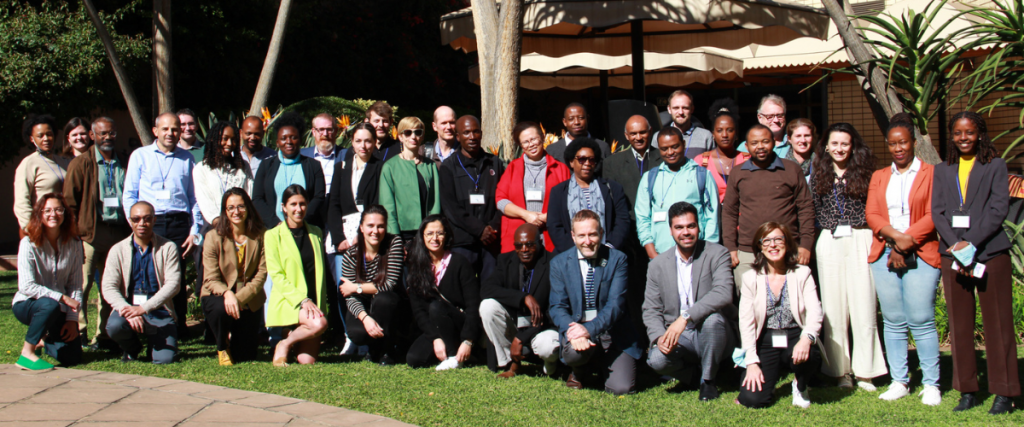
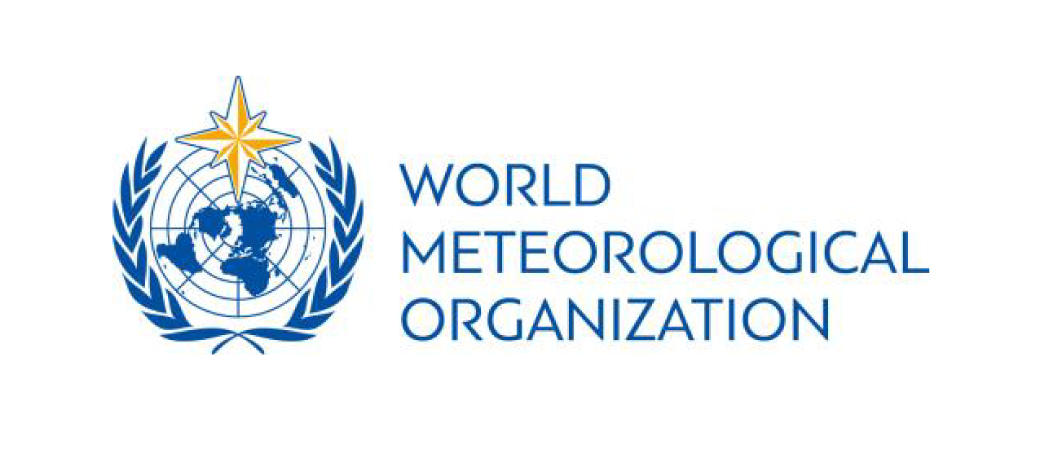
World Meteorological Organization
WMO is a specialized agency of the United Nations (UN) with 193 Member States and Territories. It is the UN system’s authoritative voice on the state and behaviour of the Earth’s atmosphere, its interaction with the land and oceans, the weather and climate it produces and the resulting distribution of water resources.
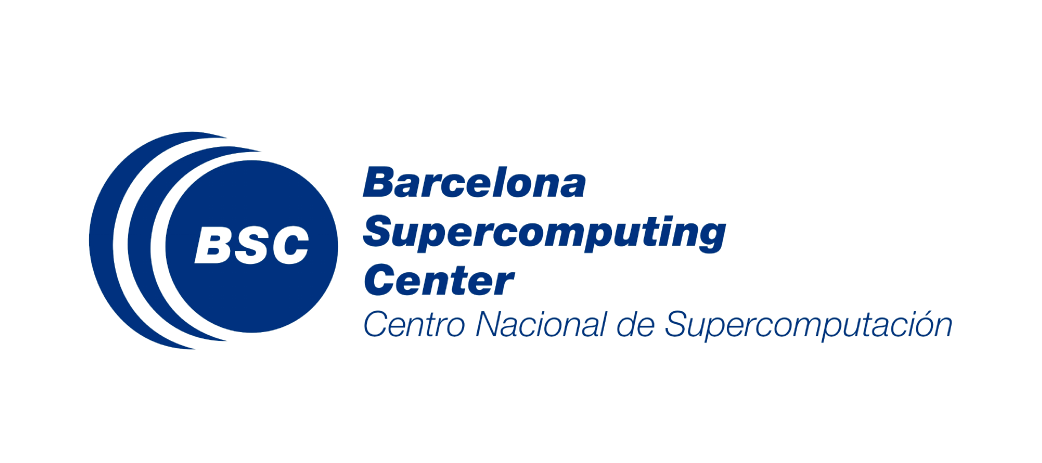
Barcelona Supercomputing Center
BSC combines unique high performance computing facilities and in-house top research departments on Computer, Engineering, Life, and Earth sciences. It is the main provider of public supercomputing services in Spain, coordinating the Red Española de Supercomputación and representing Spain in international initiatives.

The Met Office
The Met Office, founded in 1854, is the National Meteorological Service (NMS) for the United Kingdom. It employs around 1,800 staff including meteorologists, hydrologists, oceanographers, climate scientists, IT and support staff. A world renowned centre of excellence for research and operational services in meteorology, oceanography, forecasting and climate prediction, the Met Office supports a large number of customers globally, including governments, civil aviation, defence, commerce and industry.

World Energy & Meteorology Council
WEMC is a company limited by guarantee, headquartered at the University of East Anglia (UEA) and incorporated in November 2015. As a boundary organisation, WEMC’s mission is to promote sustainable energy for a low-carbon economy, enhance resilience of energy infrastructure and improve efficiency of energy systems. To achieve this, WEMC is acting as a crucial link and broker between the research community and the energy sector, facilitating the two-way sharing of information and data and promoting the development and adoption of state-of-the-art meteorological services.

Electricité De France
EDF Group is the world’s leading electricity company and it is particularly well established in Europe, especially France, the United Kingdom, Italy and Belgium. Its business covers all electricity-related activities, from generation to distribution and including energy transmission and trading activities to continuously balance supply with demand. A marked increase in the use of renewables is bringing change to its power generation operations, which are underpinned by a diversified low-carbon energy mix founded on nuclear power capacity.
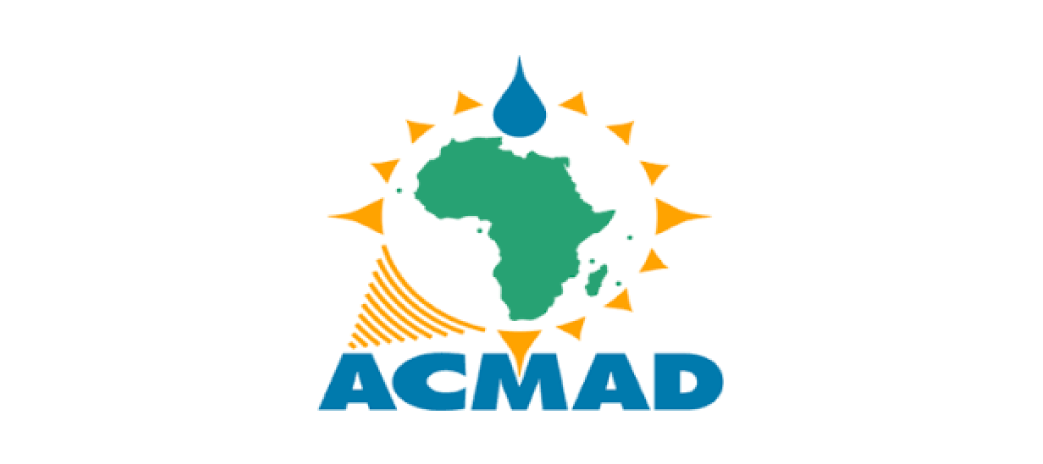
African Centre of Meteorological Applications for Development
ACMAD is the continental weather and climate watch institution for Africa and the African Centre of excellence for meteorological Application for sustainable development (United Economic Commission for Africa’s Conference of Ministers, 1996). ACMAD provides:
- Regular continental medium to long range weather and climate prediction;
- Continental early warnings on drought, tropical cyclones and other extremes;
- Capacity building on the applications of meteorology for sustainable social and economic development at the national level;
- Development of methodologies and techniques for applications at national and sub regional levels;
- Stronger participation in global climate and weather watch programmes;
- Specialized training to relevant professionals and development practitioners in Africa;
- Appropriate research, data, and networking facilities to research programmes in Africa.

Council for Scientific and Industrial Research
CSIR, is a world-class African research and development organization established through an Act of the South African Parliament in 1945. The CSIR undertakes directed, multidisciplinary research and technological innovation that contributes to the improved quality of life.
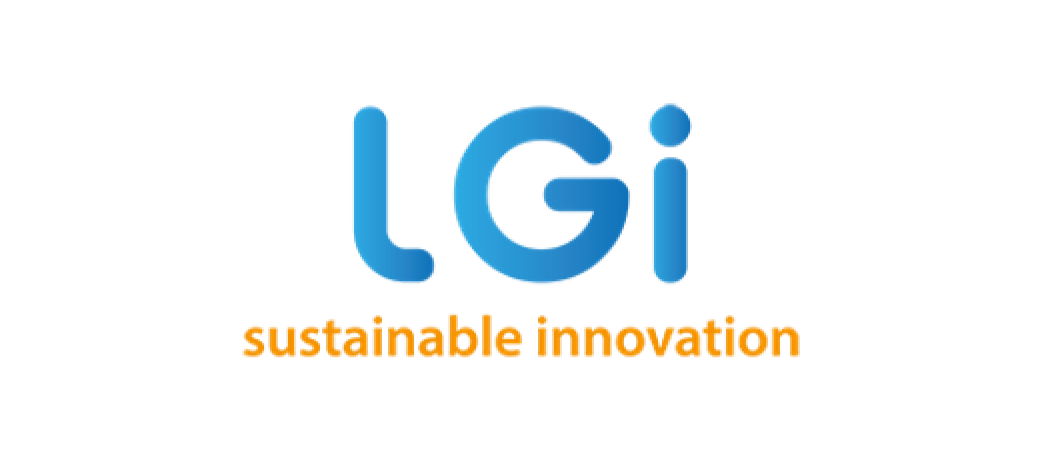
LGI Consulting
LGI is a French SME, founded in 2005, that aims at fostering transition through sustainable innovation. LGI supports ideas and projects that address social or environmental challenges, and which generate economic return for businesses. With innovation at the heart of the process, our approach is based on insights into advanced technological developments, social drivers of change, and novel business models.

Global Change Institute – University of the Witwatersrand
GCI – University of the Witwatersrand in South Africa addresses problems and opportunities related to global change, climate change and sustainability in a multidisciplinary and transdisciplinary matter. It focuses on helping to co-create, understand and inform global change solutions at various levels of decision making (in business, industry and government, municipal, provincial and national); and to function as an enabling platform to support progressive change through collaborations with stakeholders.
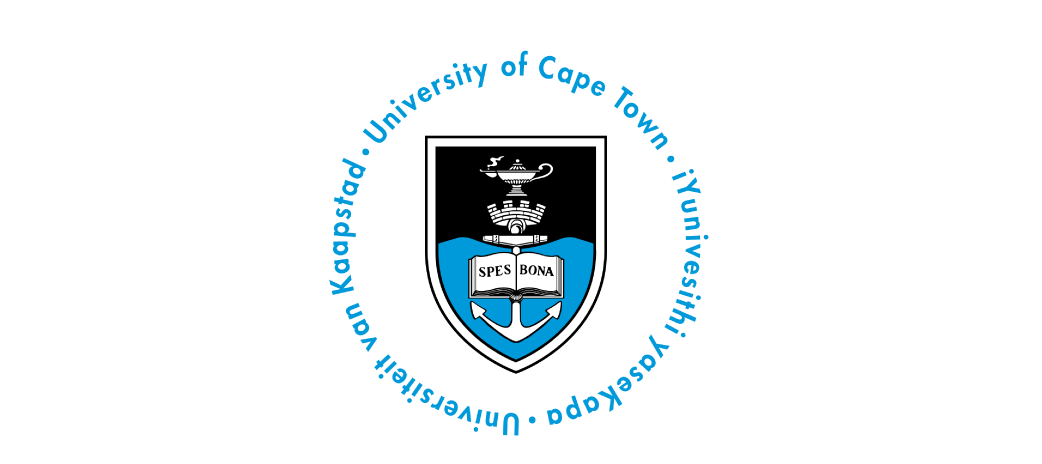
University of Cape Town
The Climate System Analysis Group (CSAG), based at the University of Cape Town, South Africa, is a multi-disciplinary research centre that has been evolving a unique strategy for research in Africa. Established in 1992, CSAG now offers a distinctive resource in Africa on climate change through blending core disciplinary depth in atmospheric science with a transdisciplinary approach to climate services and user support activities in order to bridge the divide between scientific research and societal relevance.
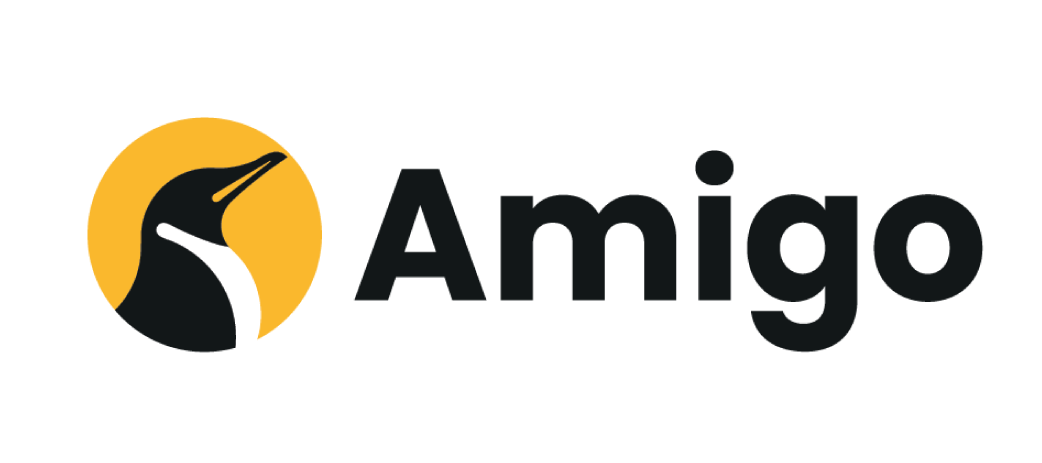
Amigo s.r.l.
Amigo is an Italian SME specialized in providing climate services to large international organizations. It developed an expertise in the co-design of solutions for the evaluation of climate risk, and a direct knowledge of the most advanced innovations in the market of risk management for the agricultural sector. Since 2014, Amigo has been selected by the UN World Food Programme as a provider of climate and risk transfer services.
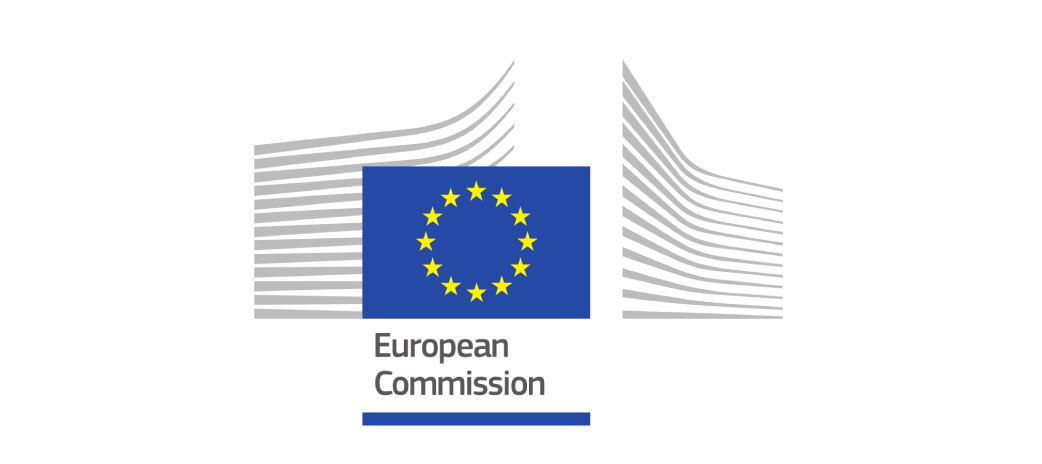
European Commission, Joint Research Centre
The JRC is the in-house science service of the Commission; its mission is to provide EU policies with independent, evidence-based scientific and technical support throughout the whole policy cycle. The Food Security Unit of the Directorate for Sustainable resources develops methods, tools and systems for use within agricultural monitoring activities applied to Europe and other areas of the world. The Unit supports the implementation of the Common Agricultural Policy and its instruments. The Unit supports the EU Food Security Thematic Programme and food assistance policies by providing assessments and early warnings of agricultural production in food-insecure regions of the world. In addition, the Unit works on the assessment of climate change impacts on agriculture in support to the EU climate change policy agenda and the Europe 2020 flagship initiative for a resource-efficient Europe.
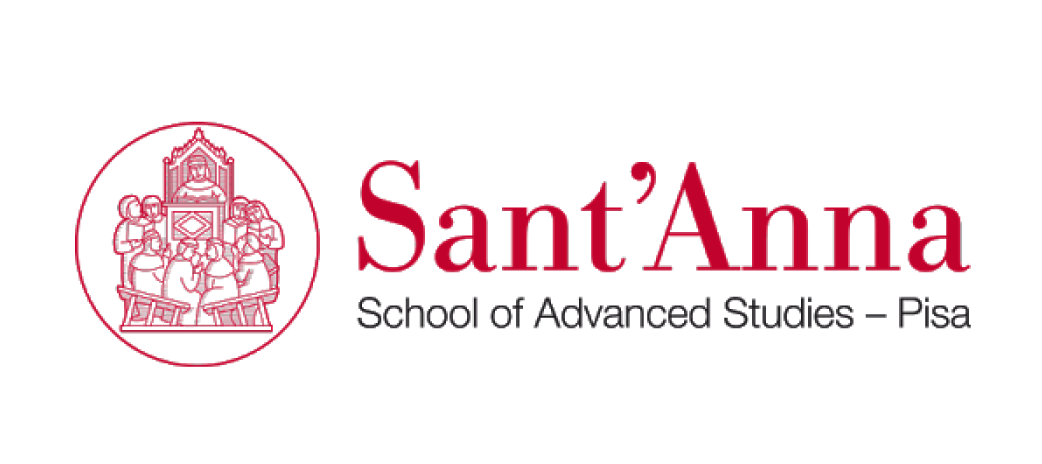
Sant’Anna School of Advanced Studies
Sant’Anna School of Advanced Studies is a public university institute – with special autonomy – working in the field of applied sciences: Economics and Management, Law, Political Sciences, Agricultural Sciences and Plant Biotechnology, Medicine, and Industrial and Information Engineering.
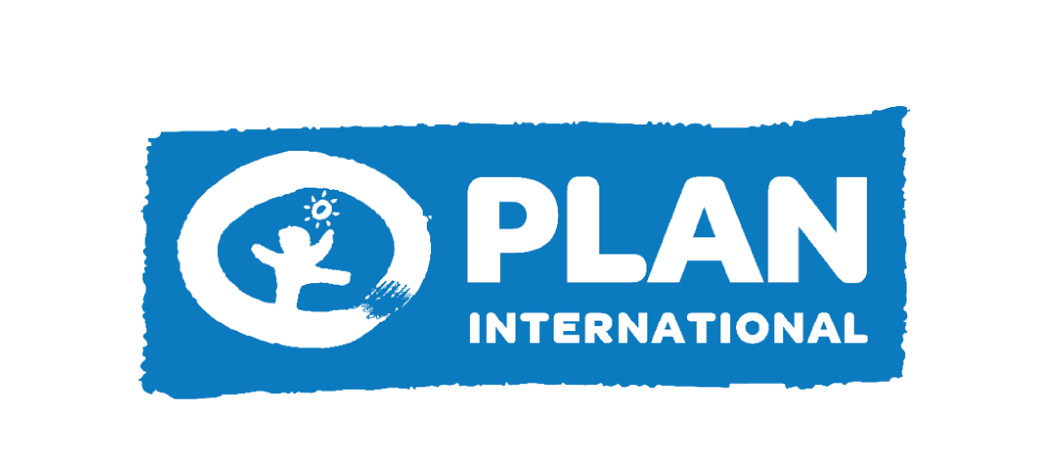
Plan International
Plan International was founded over 80 years ago with a mission to promote and protect the rights of children. Today, is a global organization that is active in over 70 countries to advance children’s rights and equality for girls. Plan International has been operating in Mozambique since 2006, currently working in the provinces of Inhambane and Nampula. In Nampula, Plan works in the rural districts of Nampula City, Rapale, Mogovolas and Moma.

Malawi Ministry of Natural Resources, Energy and Mining
MNREM was founded to provide reliable, responsive and high quality weather and climate services to meet national, regional and international obligations through timely dissemination of accurate and up to-date data and information for socio-economic development.

Agricultural Research Institute of Mozambique
IIAM, Mozambique’s Institute of Agricultural Research, is part of the Ministry for Agriculture of Mozambique. It is mainly involved in disaster management activities through the provision of important baseline data sets. This includes a national soil map as well as information on land suitability for crops. A strong link exists between FEWS NET and IIAM/DNSA where the required data is provided for the early warning system.
